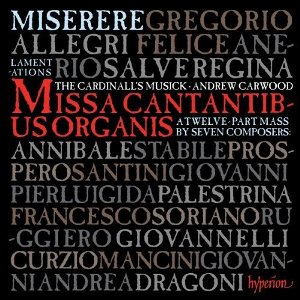Music and the Exotic from the Renaissance to Mozart.
Ralph P. Locke
Cambridge: Cambridge University Press.
April 2014.
Ralph Locke’s latest survey Music and the Exotic (2014) is essentially a prequel to his earlier Musical Exoticism (2009). Venturing backwards in time, this new volume explores how portrayals of the exotic and Otherness—or as cultural historians would have it, ‘alterity’—operated in music before the turquerie of the late 18th century.
Despite shifting to earlier times, Locke retains his core-concern for the completeness of musical performances. His study reaches beyond analysing harmonies or identifying folk-tune quotations; he considers as many facets of a performance as possible from costume, staging and instrumentation alongside social and political context. This approach he calls the “‘All the Music in Full Context’ paradigm for studying musical – or music-assisted – representations of exotic Others” and contrasts it with the “Exotic Style Only” paradigm more traditionally concerned with the contents of musical scores. And as with Musical Exoticism, this broad view allows for ambitious but nuanced explorations characteristic of post-Edward Said scholarship. Exoticism as explored by Locke thus ranges across a dazzling swathe of historical material from the appropriated dance styles of folk-culture to the choruses of Handel’s Old Testament oratorios.
For the full text of this article please visit: www.gramophone.co.uk
Gramophone November 15
Cambridge: Cambridge University Press.
April 2014.
Ralph Locke’s latest survey Music and the Exotic (2014) is essentially a prequel to his earlier Musical Exoticism (2009). Venturing backwards in time, this new volume explores how portrayals of the exotic and Otherness—or as cultural historians would have it, ‘alterity’—operated in music before the turquerie of the late 18th century.
Despite shifting to earlier times, Locke retains his core-concern for the completeness of musical performances. His study reaches beyond analysing harmonies or identifying folk-tune quotations; he considers as many facets of a performance as possible from costume, staging and instrumentation alongside social and political context. This approach he calls the “‘All the Music in Full Context’ paradigm for studying musical – or music-assisted – representations of exotic Others” and contrasts it with the “Exotic Style Only” paradigm more traditionally concerned with the contents of musical scores. And as with Musical Exoticism, this broad view allows for ambitious but nuanced explorations characteristic of post-Edward Said scholarship. Exoticism as explored by Locke thus ranges across a dazzling swathe of historical material from the appropriated dance styles of folk-culture to the choruses of Handel’s Old Testament oratorios.
For the full text of this article please visit: www.gramophone.co.uk
Gramophone November 15



Comments
Post a Comment